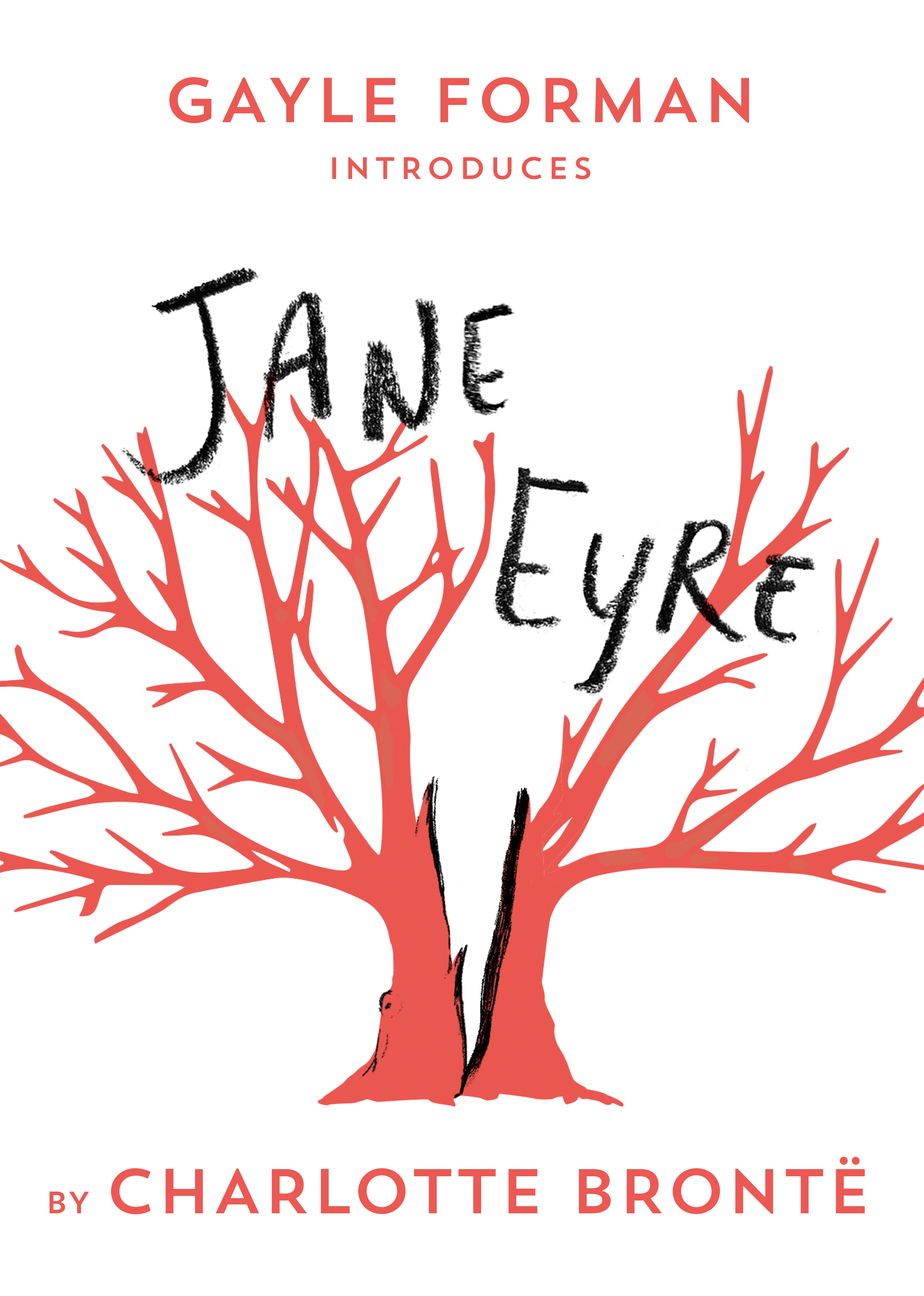
But by the time her most famous book was published, Charlotte was 31 years old, and an expert in the strangling, diminishing kind of romance she bequeathed her heroine.

For Charlotte Brontë, a woman whose life was steeped in stifled near-romance, refused to write love as ruly, predictable, or safe.Ĭharlotte’s life was not that of her heroine, and Jane Eyre is no autobiography. Its author resists our attempts at that labor, too. In either century, readers demand that Jane Eyre should do cultural labor that it steadfastly resists. To nineteenth-century eyes, it showed a woman who should abdicate to, yet fights for, love. To twenty-first-century eyes, it shows a woman who fights for, yet abdicates to, love. Readers have always picked up on the tension between the book’s revolutionary subtexts and its uneasy relationship with love. She lists off common critiques of the book as anti-Christian and deeply hypocritical, including one that said that “never was there a greater hater than Charlotte Brontë.” “Yet I would argue that these reviewers hit on an element of truth in the novel,” Sternlieb muses. “The early reviews of Jane Eyre strike us today as naive and misinformed,” writes Lisa Sternlieb.

And for modern scholars, its undercurrents of rage, motherlessness, colonialism, slavery, circus freakery, and even incest (!) are more compelling than its caresses.

It was condemned as immoral, unfit for women’s eyes, all but fomenting revolution. Even today, the book is the subject of swoony listsicles (“11 Romantic Quotes from Charlotte Brontë’s Jane Eyre”) and essays that uphold it as “a romance novel for the modern, intelligent woman.”īut when it was published, the bestselling book incensed readers even as it seduced them. Over the last 172 years, the book has become a touchstone for passionate love, that once-in-a-lifetime spark we are taught to long for. It might seem like sacrilege to question the (small r) romanticism of Jane Eyre, a story that centers on the obsessive love of a teenage governess and her decades-older boss. Right? The answer to that question is up for debate. But Jane Eyre’s diminutive author was no romantic heroine, and real life is not a romance. And Charlotte was charmed by his good looks and his bright, open personality. If he did not love her already, he could learn: They would soon strike up a lively and close correspondence that lasted years. Passionate, deeply intelligent, outspoken, and charmingly unaffected-Charlotte Brontë was an arresting, complex woman. If life were like literature, Smith would have fallen in love with her then and there.



 0 kommentar(er)
0 kommentar(er)
